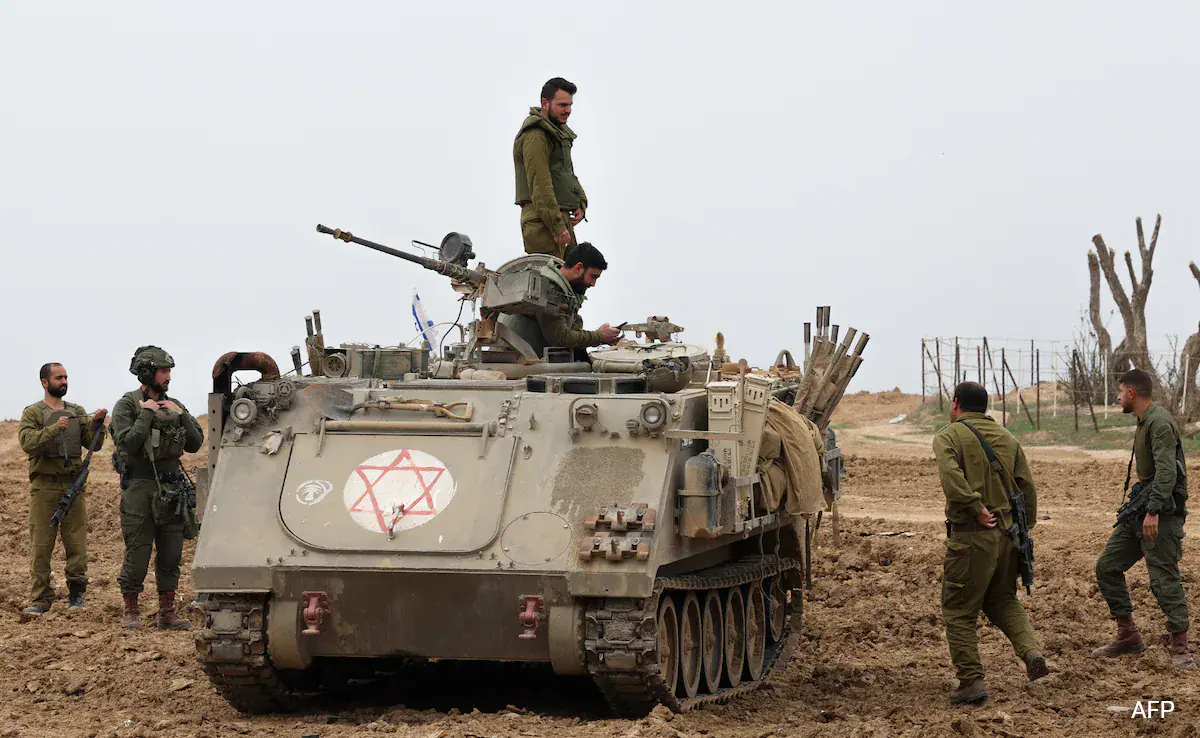In anticipation of a potential strike by Iran, Israeli defense officials are coordinating with the US and UK. This follows an incident in April when an Iranian attack was foiled by Israel and its allies.
Israeli Defence Minister Yoav Gallant has been in discussions with US Secretary of Defense Lloyd Austin and UK Defence Secretary John Healey, focusing on the heightened security situation and concerns over possible Iranian retaliation.
The assassination of Ismail Haniyeh, the political leader of the Iran-backed Hamas, has heightened fears of conflict spilling over from the ongoing Israel-Hamas war in Gaza. The assassination, coupled with the killing of a Hezbollah commander by Israel, has escalated tensions. Four months prior, a similar situation saw direct fire exchanged between Iran and Israel, with most Iranian drones and missiles intercepted by allied defenses.
Iran’s potential response to the recent events is expected to be more aggressive, considering the high-profile nature of Haniyeh’s assassination in Tehran. Possible retaliatory actions include a direct attack on Israel, increased proxy attacks in the region, or targeting Israeli interests globally.

Israel, US, UK Coordinate on Potential Iran Strike Amid Escalating Tensions
The US has reiterated its commitment to defending Israel, with discussions ongoing about reinforcing American military presence in the region.
While Israel has not confirmed its involvement in Haniyeh’s assassination, it has not denied it either. US President Joe Biden has assured Israeli Prime Minister Benjamin Netanyahu of additional US military deployments for defense. Biden has also pushed for a cease-fire in Gaza, seeking to leverage his remaining time in office to end the conflict and address the resulting political divisions in the US.
UK Defence Secretary John Healey emphasized the need for restraint and called for a cease-fire, the release of hostages, and increased aid to Gaza. Israeli Prime Minister Netanyahu, despite international criticism, remains focused on the threat from Iran and its regional proxies.
Netanyahu has referenced past coordinated defenses as a model for future alliances, stressing the importance of forming coalitions to counter threats from Iran’s proxies.
